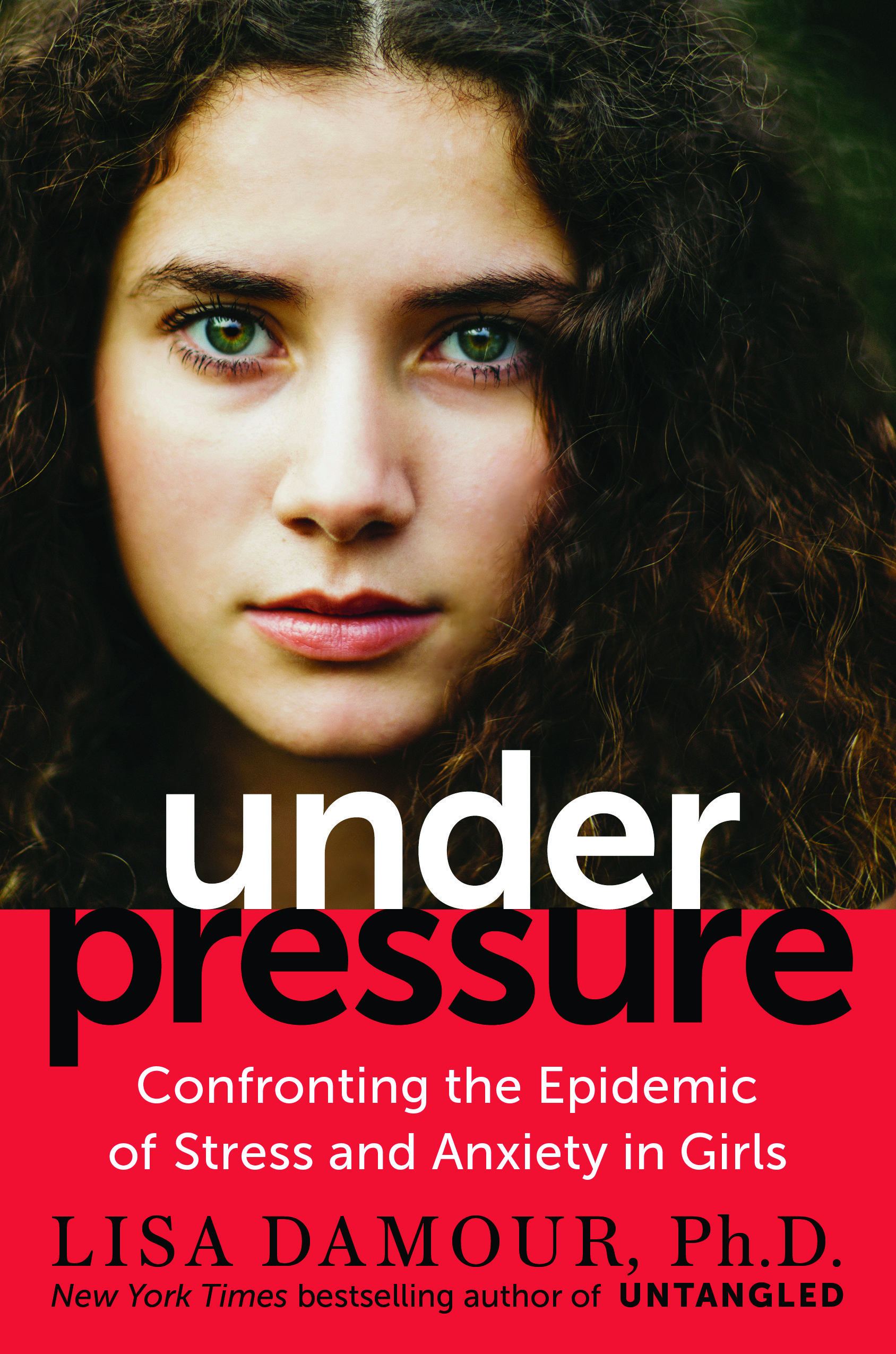If you are parenting a normally developing girl, she will sometimes have meltdowns. Nothing you do can prevent this. The good news is that her emotional eruptions, in and of themselves, say very little about her overall psychological health.
All the same, it’s not easy to be standing there when a girl unleashes a raging storm of frustration, becomes so stressed that she snaps back rudely when you ask what she wants for dinner, or doubles over in distress while sobbing. These moments ask a lot of parents and often require a great deal of patience to handle well. While you cannot control the fact that your daughter will sometimes become undone, you have a lot of say about how you react.
Decades of research tell us that our daughters read our reactions—right down to our most fleeting facial expressions—for cues that will contain, or increase, their own discomfort. Fretfully rushing to rescue girls from manageable threats, trying to reason away their glitter storms, attempting to vanquish their concerns with hollow reassurances, or responding with anger can, unwittingly, fuel our daughters’ fears. In contrast, offering a measured and calm response can have a powerful, positive effect on girls’ immediate and long-term distress.
But just as one drowning person cannot rescue another, so it is impossible to respond to meltdowns calmly when our own nerves are frayed. If you are feeling overwhelmed by stress or if you often experience high levels of anxiety, make sure that you are getting the support you deserve, both for your own sake and for your daughter’s. Again, research shows parents who are very nervous themselves are more likely to have children who become easily afraid and struggle to manage stress.
To be clear, we need not—and certainly should not—parent as though we are placid Zen masters who greet emotional chaos with detached profundity. And when we do react to our daughters in ways we later regret (such as losing our cool with a girl whose stress comes out as snarkiness), we can remember that our daughters are plenty resilient and do not need for us to be perfect.
All the same, we should reflect seriously on our baseline levels of emotional strain and take steps where we can to reduce the tension in our own lives. Our girls are deeply attuned to our psychological states and the emotional atmospheres we create in our homes. So, let’s turn our attention to the concrete things parents can do to first secure their own oxygen masks so that they can react helpfully when their daughters seem to be suffocating from stress.

Excerpted with permission from the new book Under Pressure: Confronting the Epidemic of Stress and Anxiety in Girls by Lisa Damour. Published by Ballantine Books, an imprint of Random House, a division of Penguin Random House LLC, New York. Copyright © 2019 by Lisa Damour. All rights reserved.
Follow us here and subscribe here for all the latest news on how you can keep Thriving.
Stay up to date or catch-up on all our podcasts with Arianna Huffington here.


